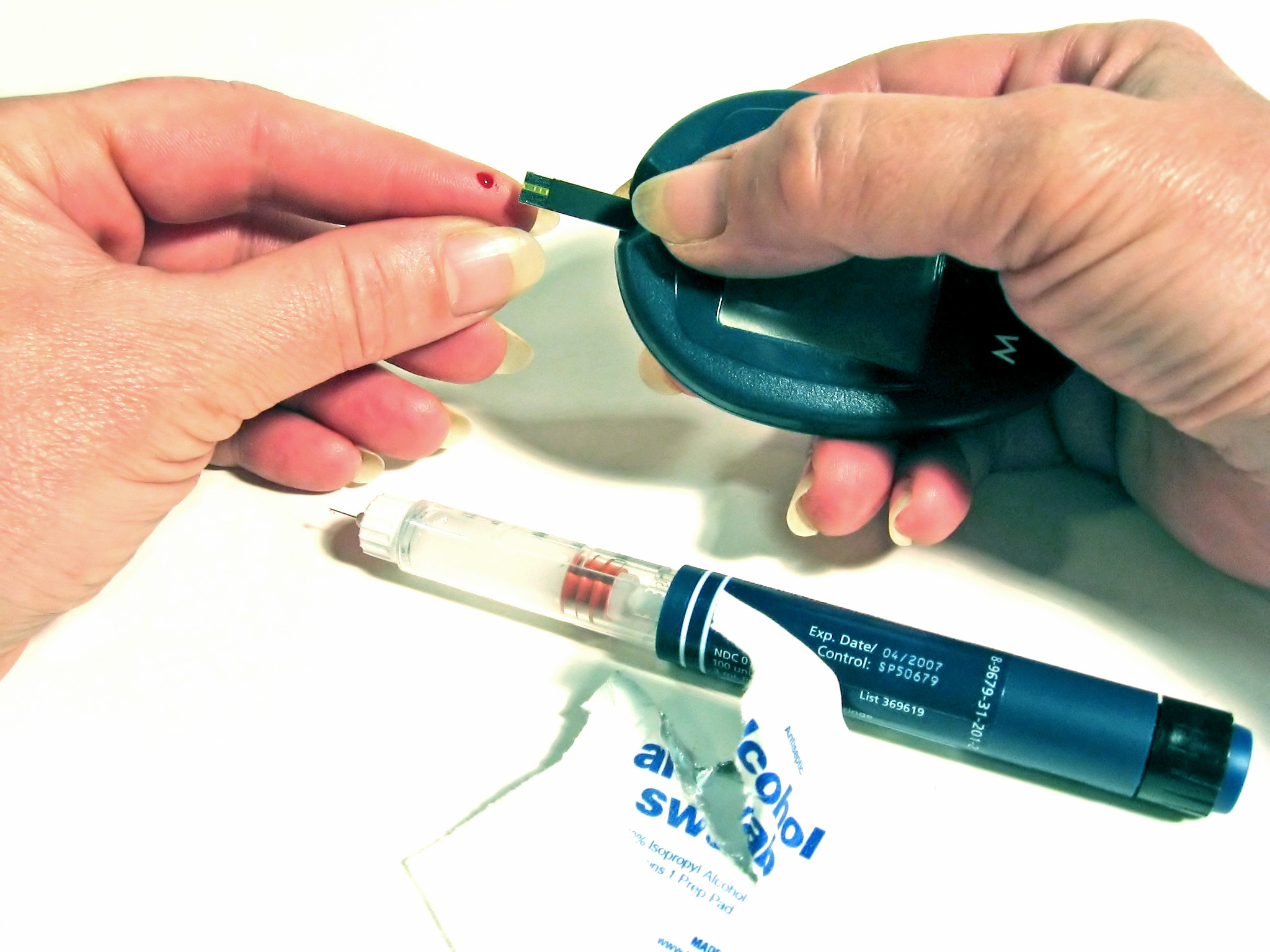
In explaining the reasons for the study, researchers noted that diabetics have too much sugar (glucose) in the blood, which sets off a chain reaction that damages many different types of cells in the body. The first imbalance occurs when oxidants overwhelm antioxidants, causing what doctors call oxidative stress. The second imbalance occurs when excess glucose molecules circulating in the blood attach to and scar cell proteins, which doctors call glycation. Both imbalances lead to the complications in advanced diabetes, including nerve damage, blindness, and cardiovascular disease. Scientists noted that DHEA had prevented oxidative stress in other studies, and wanted to test its effect in diabetes.
Researchers recruited 20 male and female type 2 diabetics who took 50 mg of DHEA per day, or a placebo, for 12 weeks. Doctors also recruited 20 healthy participants—with normal glucose levels—matching the age and sex of the diabetics, and compared oxidative stress and glycation levels at the start of the study, which were significantly higher in the diabetics.
At the end of the study, diabetics who had taken DHEA had 50% less oxidative stress and glycation, and significantly more antioxidants in the blood, including 35% more glutathione, and 76% more vitamin E. The placebo group had no significant changes. Study authors concluded that DHEA might prevent cell damage from high blood sugar and counteract the complications in type 2 diabetes.
Reference: Diabetes Care: 2007, Vol. 30, No. 7, 2922-7.
This article shared for informational purposes only and should not be considered a substitute for professional medical advice.


